Top Class Actions’s website and social media posts use affiliate links. If you make a purchase using such links, we may receive a commission, but it will not result in any additional charges to you. Please review our Affiliate Link Disclosure for more information.
During times of crisis, consumers look to their federal, state, and local governments to assist them in their time of need. In addition, consumers are also looking for ways in which they can save money during this time, as many are out of work.
Luckily, many new consumer protection laws have been put on the books to help those who need it as a result of the coronavirus pandemic.
The National Consumer Law Center (NCLC) reports that there are numerous measures being implemented to help consumers who are dealing with the fallout of the coronavirus. The measures include a variety of relief efforts such as federal suspension of foreclosures, Department of Education action on student loans, and price gouging laws that have been put into place by state governments. Other measures cover important consumer protection topics affecting finances and other essential aspects of living during these trying times.
Check out some of the consumer protection measures below to see if you are protected!
How are you coping with the coronavirus? Will these consumer protection measures help you? Get legal help by clicking here.
Federal Consumer Protection: The ‘‘CARES” Act
One of the biggest relief measures implemented by the federal government is the Coronavirus Aid, Relief, and Economic Security Act, also known as the “CARES” Act. This bill proposes direct payments to Americans based on their income in 2019. The act also includes measures to beef up unemployment insurance, business loans, and hospital aid.
The Senate approved the CARES Act on March 25 and, only this morning, the House sent the bill along to President Trump for approval.
Suspension of Foreclosures
Consumers who own homes may be facing foreclosure notices from lenders during this crisis. Some state and federal entities are stepping up to assist those who need consumer protection related to their homes – the places where we are spending most of our time during the global pandemic.
The CARES Act mentioned above also offers solutions to deal with the possible suspension of mortgage foreclosures. Federally-backed mortgages from Fannie Mae, Freddie Mac, the Federal Housing Administration, Veteran’s Affairs, or the U.S. Department of Agriculture’s Rural Home Loan Service are eligible for foreclosure relief from the proposed law.
If you’re unsure if your loan is federally backed, there are a myriad of ways to determine whether one of these agencies is responsible for the mortgage to your home. For example, for Fannie Mae and Freddie Mac, there are lookup websites to determine if they own a mortgage. In addition, most mortgage statements will show the consumer if they indeed have a home loan that is held by one of the agencies mentioned above.
Once you’ve determined which company holds the mortgage for you home, you may be able to reach out to these companies and look for a solution to avoid foreclosure. Under the CARES Act, homeowners with a federally backed loan are able to request forbearance from their loan for up to 180 days. After this, homeowners can request an additional 180 days of forbearance. During this time, no fees, penalties, or interest shall acre against borrowers.
Consumers can also look to their states for assistance if they are facing evictions or foreclosures. According to the NCLC, some states have passed laws that have either limited or put a temporary stop to foreclosures.
For example, the state of Alaska has temporarily stopped all court eviction proceedings. In California, the state has left it up to the localities to determine whether to continue eviction proceedings while in Connecticut, all foreclosure proceedings which were supposed to occur in May or April 2020 have been rescheduled to June 6, 2020.
Meanwhile, in New York, by the governor’s Executive Order, there will be no enforcement of an eviction of any residential or commercial tenant or any foreclosure of any commercial or residential property for 90 days starting March 20, 2020. In addition, a judge’s administration order maintains that effective, March 16, 2020, all eviction proceedings are suspended until further notice.
Department of Education Student Loans
Another consumer protection issue that individuals should be aware of are federal Department of Education student loans. Consumers may be worried about paying student loans that have accumulated over the years. Americans may be able to look to the federal government as well as other lenders to assist while they struggle with reduced income.
On March 20, 2020, the U.S. Department of Education released information pertinent to those who have loans with the agency. The department has announced that all borrowers who have federal student loans will have their interest rates set at 0% for a period of 60 days.
The Department of Education has also stated that student loan borrowers can have their payments suspended for at least two months. By doing this, consumers will not have to worry about making payments on their student loans and will also be saved from having any interest accrued.
Suspension of Phone Service Terminations
One of the ways in which consumers are keeping in touch with one another during the coronavirus is via their cell phones. Getting in touch with friends and family members while we are stuck in our homes can be a blessing. Consumers will be looking more to their cell phone companies to keep them connected during this time of need.
With many Americans laid off during the outbreak, they may be worried about making their payments on time. Luckily, federal and state authorities have agreed to various consumer protection measures to prevent the loss of service.
According to the NCLC, the FCC has obtained a promise from around 1,000 telecommunications companies that they will not terminate service based on an inability to pay for sixty days due to the coronavirus. In addition, the FCC has stated that the companies they will also be waiving any late fees due to an inability to pay because of the coronavirus and opening up their hotspots to the public.
Suspension of Utility Disconnections
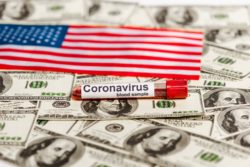
In addition, a number of utility companies have suspended disconnections on a company level. These companies include: Ameren, American Electric Power, Dominion Energy, Duke Energy, Evergy, FirstEnergy, Georgia Power, NV Energy, PECO, PG&E, Southern California Edison, Xcel Energy, and more.
Some states have also put a limit on door to door sales by competitive electrical utilities. Pennsylvania, for example, has prohibited the in-person sales of electrical services while Illinois has banned in-person marketing and other door to door sales contacts.
Price Gouging
Price gouging is another aspect of crises that can become deleterious to consumers. Prices on essential items such as gasoline and food products can be increased by businesses that want to take advantage of the crisis. As a result, consumers may find themselves financially barred from purchasing items that they need to make it through this crisis.
A recent class action lawsuit was filed against Amazon by a consumer who claimed that the company was charging too much money for certain items, such as toilet paper and hand sanitizer. Amazon was allegedly charging $99 for a 36 pack of toilet paper and $199 for a two-pack of 1 liter hand sanitizer bottles.
Two states have issued regulations related to price gouging which affect consumers.
The Massachusetts Attorney General has put forth a consumer protection law amendment to prevent price gouging. The original law provided protection against price gouging of petroleum products, but the amended law now covers “any goods or services necessary for the health, safety, or welfare of the public.”
In addition, Wisconsin has stated that payday and licensed lenders could have their license suspended if they increase interest rates or fees in response to COVID-19.
Banking and Bank-Extended Consumer Credit
Consumers may also be interested in increasing their credit during these times or preventing credit drops. Credit health is important for consumers who want to be safe for the future as well as have money on hand in case they need it.
NCLC has noted that federal regulators which oversee banks are asking those banks to work with consumers to waive certain fees, increase credit limits for some borrowers, and offer payment accommodations which would include modifying terms of certain loans because of financial hardship due to COVID-19.
Similarly, New York has put forth a new regulation that would ensure that banks in New York grant forbearance on loan payments for 90 days for individuals who are facing hardship due to COVID-19. These measures also restrict fees charged to consumers.
Bankruptcy
Regarding bankruptcy proceedings, all in-person chapter 7, 12, and 13 section 341 meetings that were scheduled through April 10th, 2020 have been rescheduled to a date to be determined. Other bankruptcy protection changes ensure that companies are still able to make bankruptcy payments amidst the COVID-19 outbreak.
Consumer Protection Class Action Lawsuits
Consumers should also be aware of recent class action lawsuits that have been filed in relation to the coronavirus. Normal Americans, organizations, and even businesses have taken action under consumer protection laws to protect themselves and their interests during the coronavirus pandemic.
For example, one such class action lawsuit involves the maker of Germ-X hand sanitizer. The class action lawsuit notes that the makers of Germ-X were advertising their hand sanitizer as helpful in protecting consumers from the coronavirus, even though this is not the case. Plaintiffs in the case claim that they were taken advantage of by the marketing strategy.
Consumers may also be interested in a Princess Cruise Lines lawsuit filed by passengers who claim that the cruise company did not do enough to prevent coronavirus from spreading to passengers on their vacation. Two of the company’s ships – the Diamond Princess and the Grand Princess – have been linked to coronavirus outbreaks.
Consumers should also be on the lookout for any company that is selling drugs or any other type of medicine that they claim can cure the coronavirus. Medical professionals and healthcare regulators have taken action against these false claims to protect consumers from being deceived. One lawsuit has been filed against televangelist Jim Bakker who allegedly sold a fake “cure” for COVID-19.
Join a Free Coronavirus Class Action Lawsuit Investigation
If you believe your rights were violated in a way that is directly related to the coronavirus pandemic, you may qualify to join this coronavirus class action lawsuit investigation.
ATTORNEY ADVERTISING
Top Class Actions is a Proud Member of the American Bar Association
LEGAL INFORMATION IS NOT LEGAL ADVICE
Top Class Actions Legal Statement
©2008 – 2024 Top Class Actions® LLC
Various Trademarks held by their respective owners
This website is not intended for viewing or usage by European Union citizens.

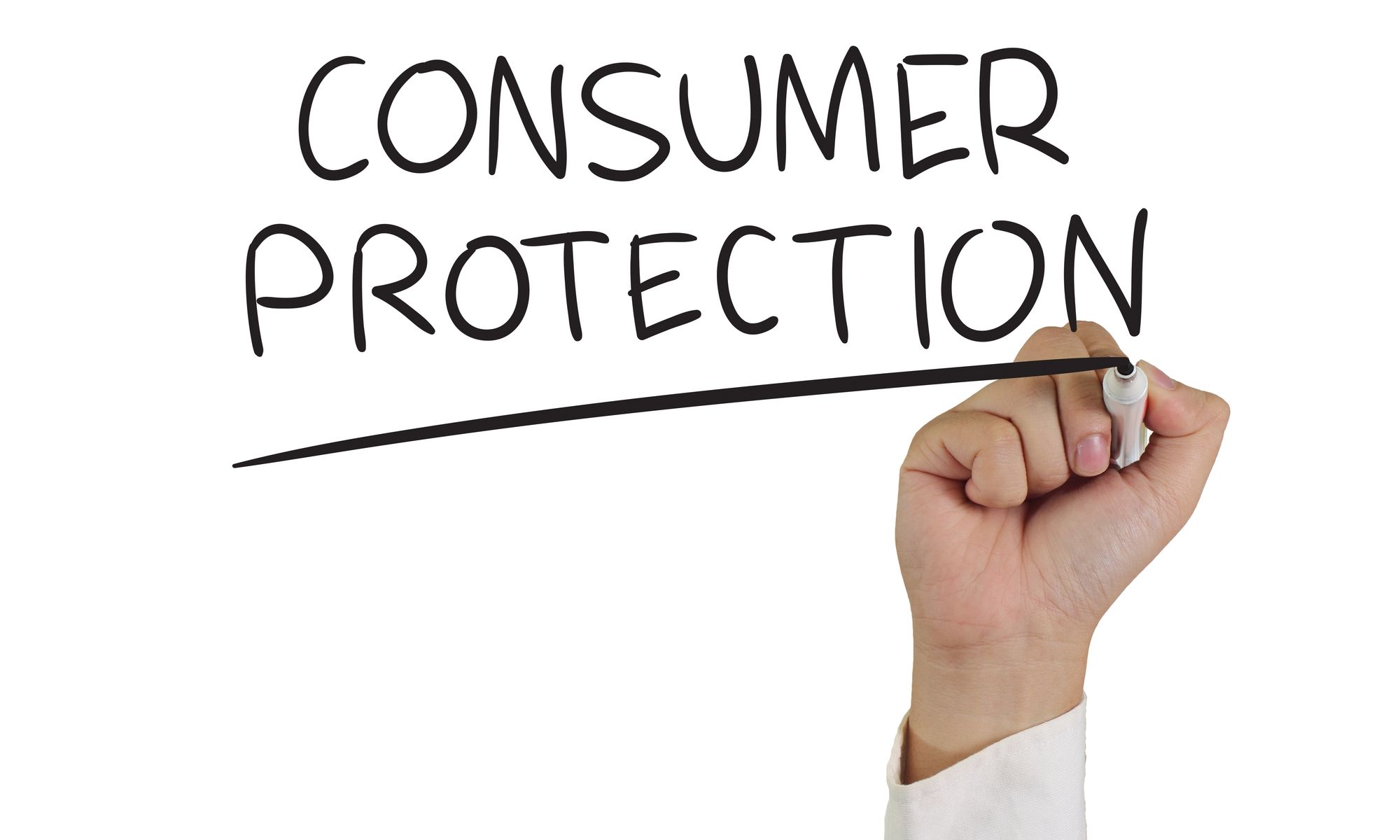



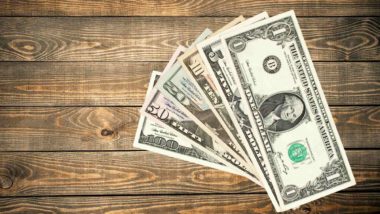
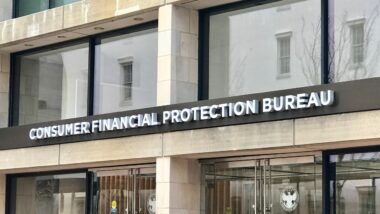
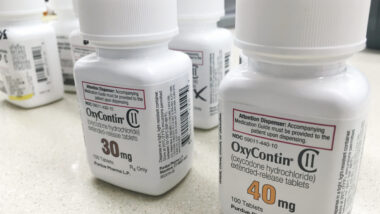


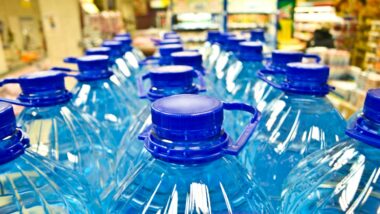

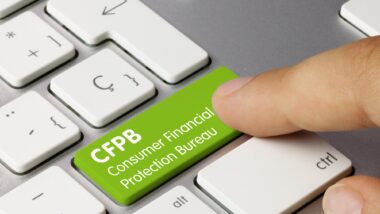
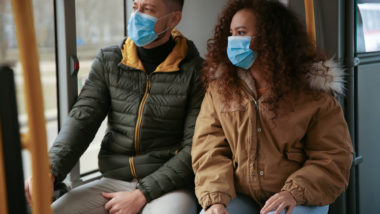

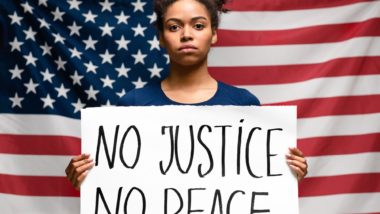
23 thoughts onA Consumer Protection Guide to the COVID-19 Pandemic
Add me please
Please add me. I filled out the form. Thank you!
Please add me thanks
Please add me. Thankyou
Please add me
Please add me!
Please add me
I’m working during all this in Calif and had to sign special paperwork for my job in order to stay on the schedule??took a few pictures but couldn’t get a print out of it??
Chase Bank shut my card off for fraud they notified me that had happened, could not get through for 2 Days, Bank wouldn’t help nor customer hotline and now wont remove charge after finally getting a hold of them.
Please add me
Add me